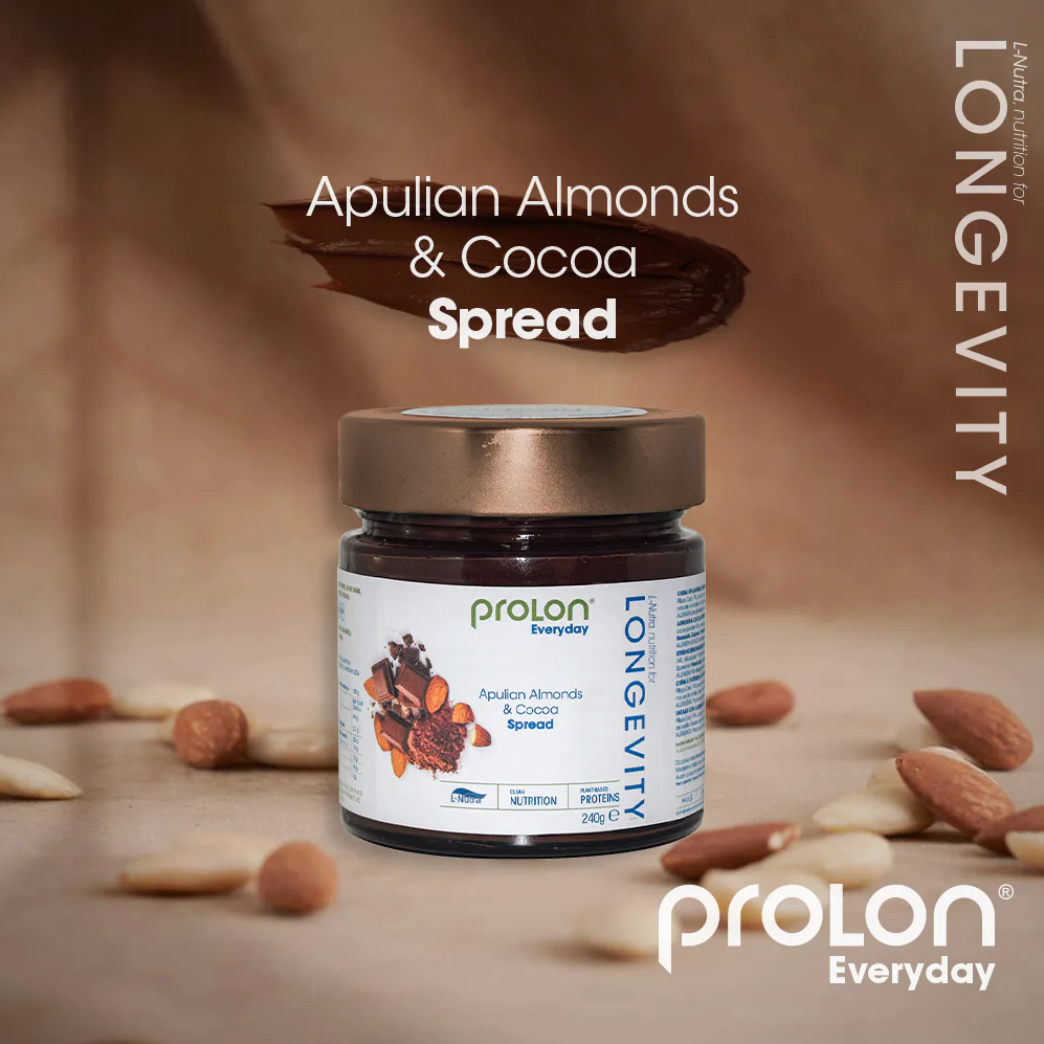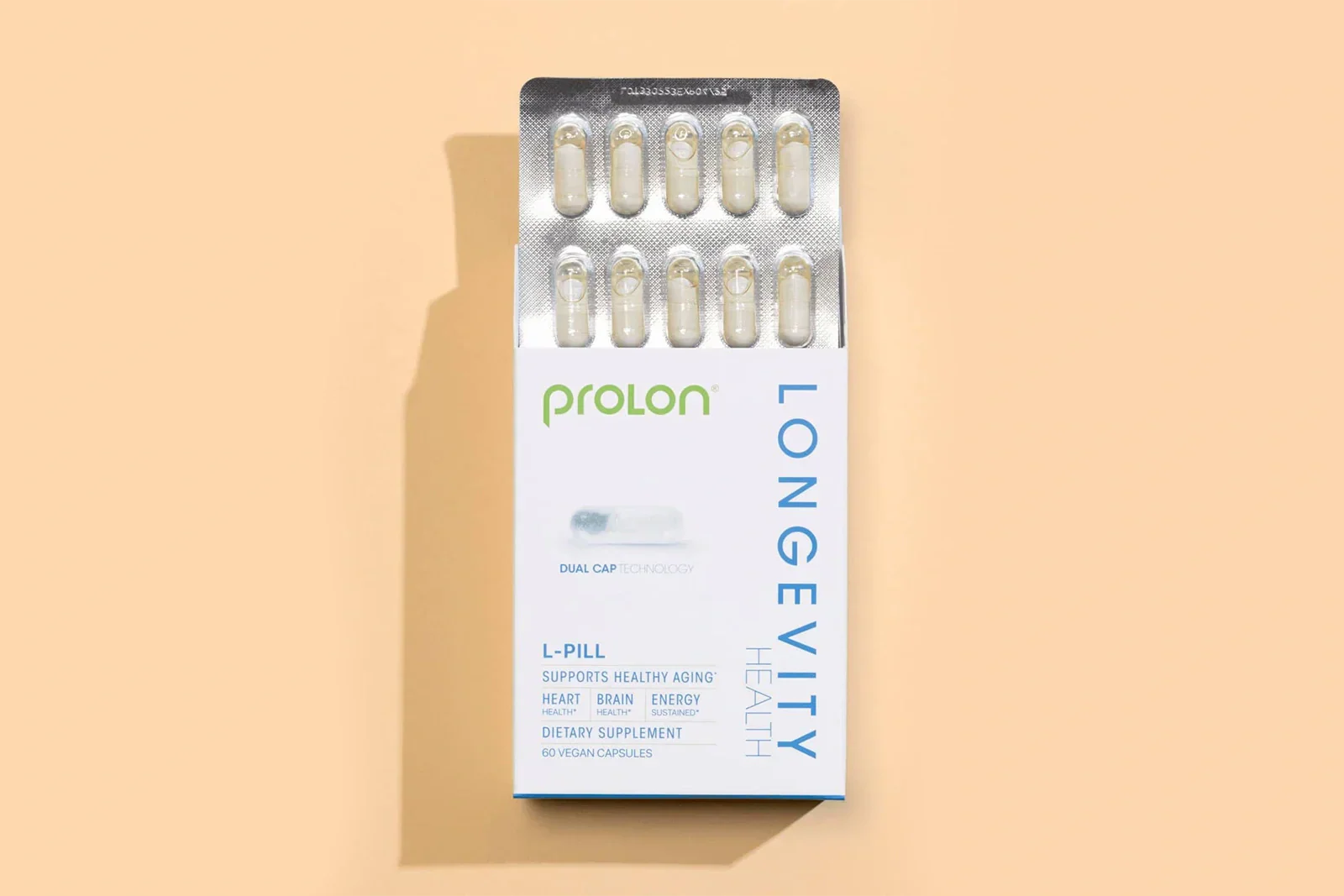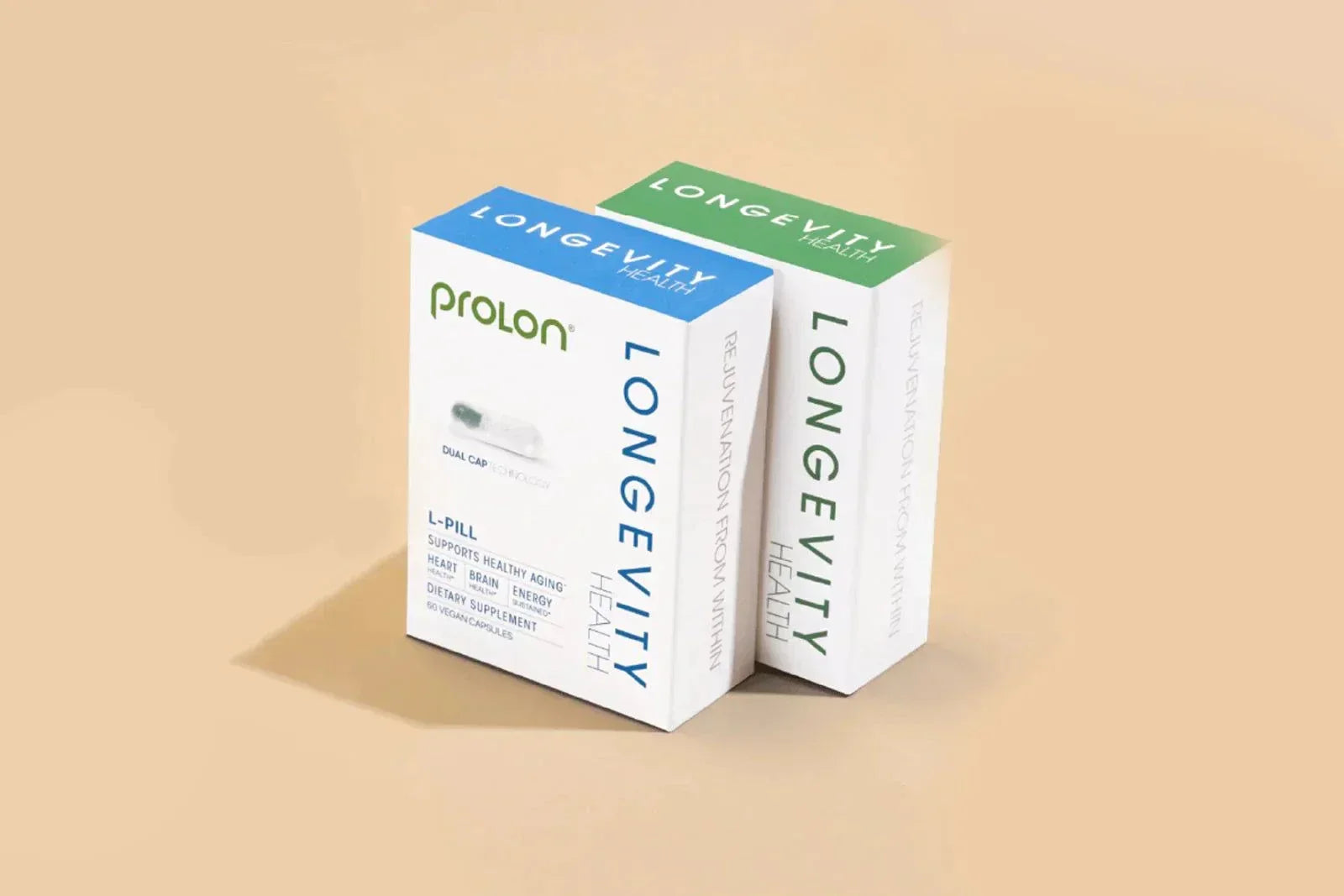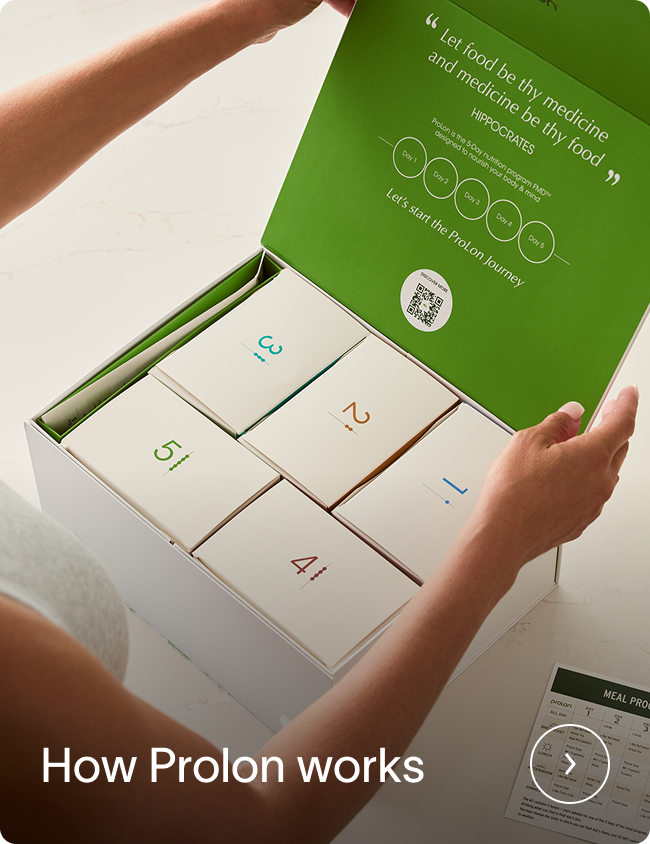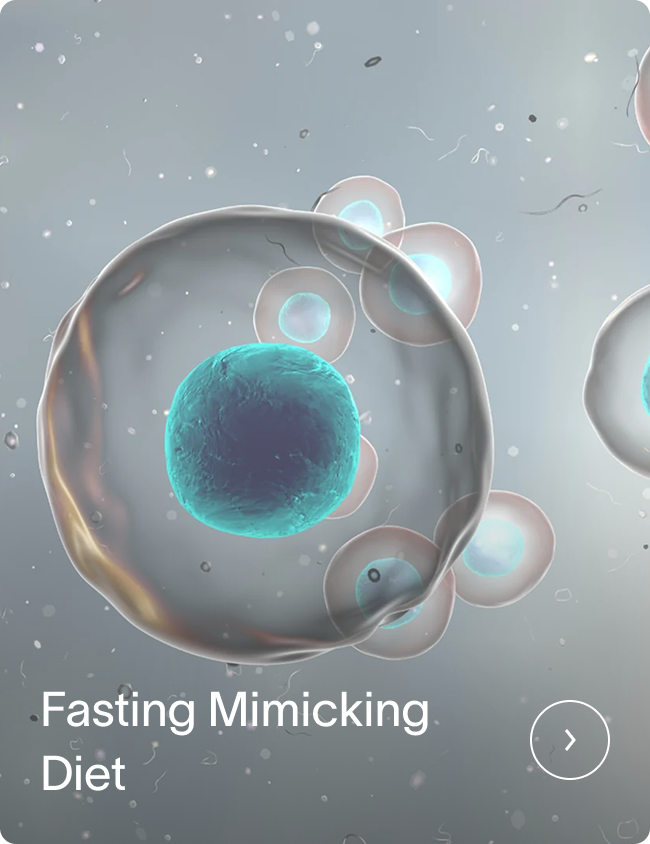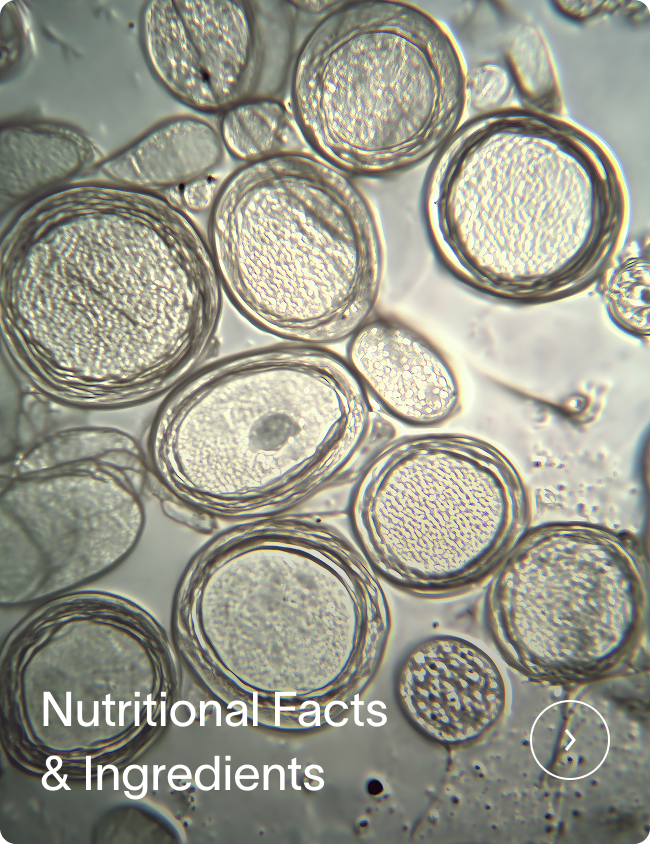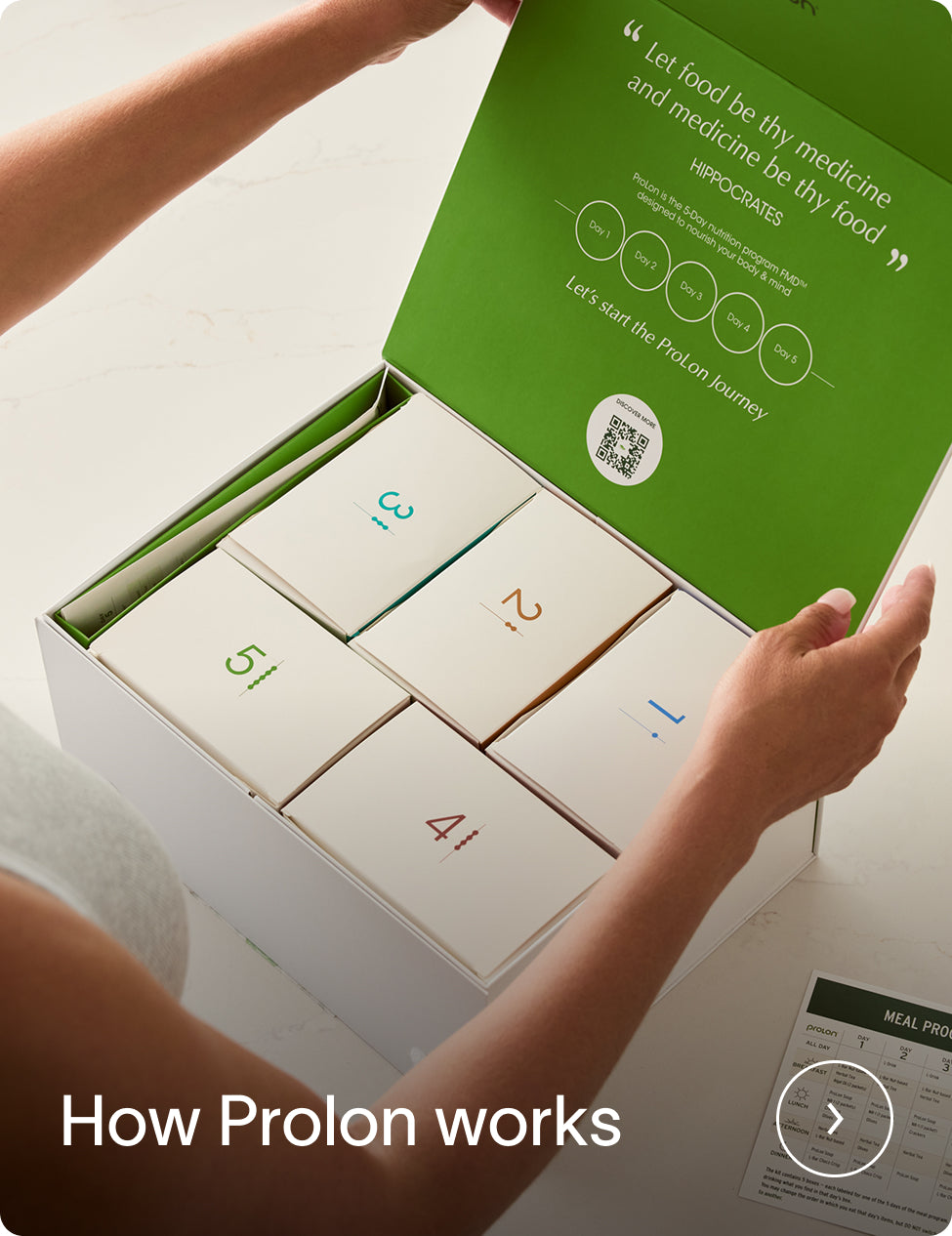Carbs are a key source of fuel for your body.
Bread, pasta, rice, fruit, beans they’re all packed with carbohydrates and part of our everyday diet.
But as with most things, the real issue isn’t what we eat, it’s how much of it we’re having.
Eating too many carbs especially the refined, high-glycemic kind can have a real impact on your health, both in the short and long run.
The sugar spike and the domino effect
When you load up on carbs, especially simple sugars and refined flours, your blood sugar shoots up fast.
Your body responds by pumping out a bunch of insulin: the hormone that helps move sugar out of your blood and into your cells.
Do this often enough and you end up on a blood sugar rollercoaster: big energy highs, crashing lows, constant hunger, and a tendency to store fat especially around your belly.
Over time, this pattern can lead to insulin resistance, prediabetes, or even type 2 diabetes.
How your body reacts to carb overload
Consistently going overboard on carbs can show up in a bunch of ways:
- Weight gain: extra carbs = extra calories. If your body doesn’t burn them off, it stores them as fat.
- Fatigue and mood swings: after that sugar high comes the crash, leading to irritability, tiredness, and brain fog.
- Cravings: blood sugar swings can leave you stuck in a cycle of always needing your next carb fix.
- Silent inflammation: too many refined carbs are linked to chronic low-grade inflammation, which plays a role in heart disease and metabolic issues.
- Faster cellular aging: high blood sugar levels can mess with your cells and slow down your body’s natural repair processes.
It’s about balance, not deprivation
Let’s be clear carbs are not the enemy. In fact, your brain, muscles, and a whole bunch of other systems rely on them to function properly.
But it’s all about quality and quantity.
You don’t need to cut them out completely. Just go for the good stuff whole grains, legumes, veggies and keep your portions in check based on your lifestyle and energy needs.
When cutting back on carbs can help
Eating plans that moderately reduce carbs like the ProLon® Fasting Mimicking Diet have shown great results when it comes to balancing blood sugar, supporting metabolism, and lowering risk factors tied to excess weight and aging.
Taking regular breaks from high-carb eating can help your body reset some key metabolic processes, improving insulin sensitivity and helping you use stored energy more efficiently.
Eating loads of low-quality carbs might not seem like a big deal in the moment, but over time, it can quietly take a toll on your health.
Making mindful choices, tuning in to what your body needs, and using smart strategies like ProLon® can make a huge difference in how you feel now and in the long haul.





